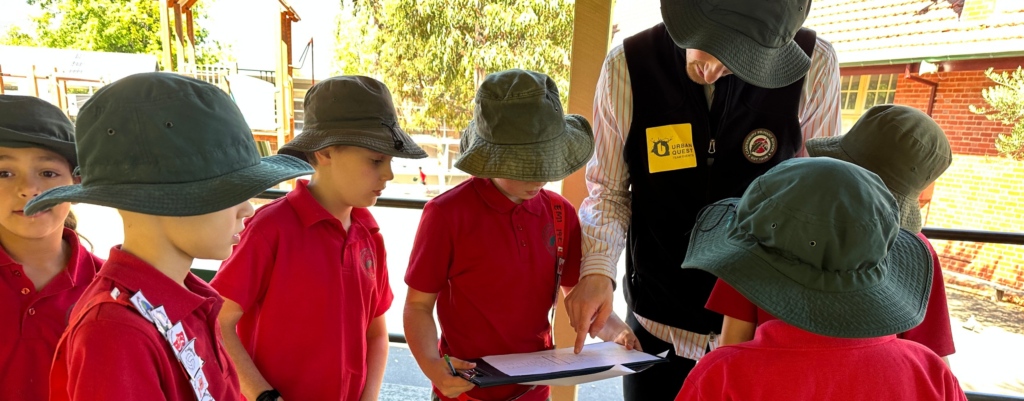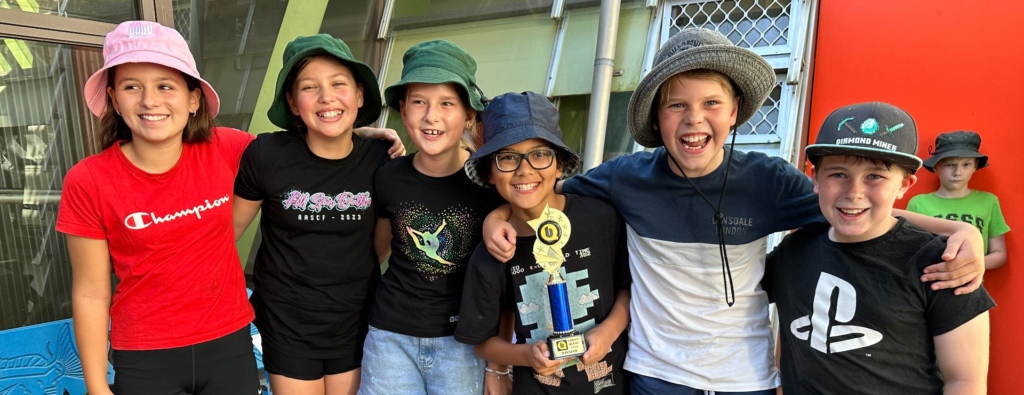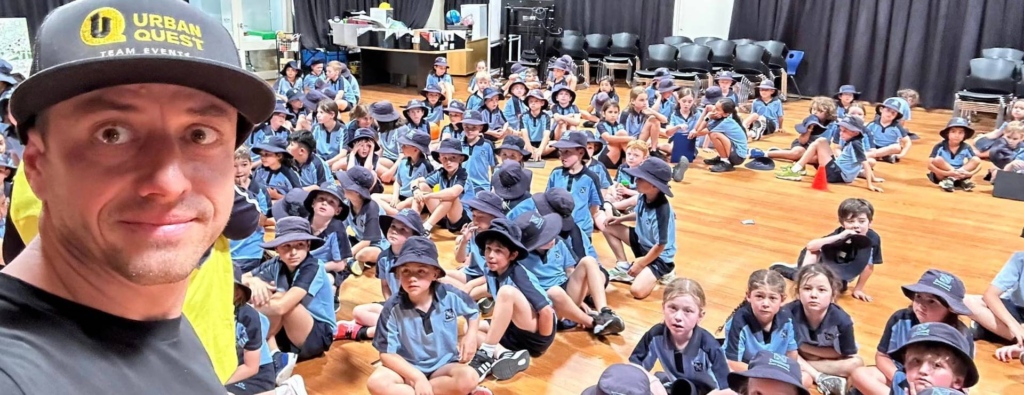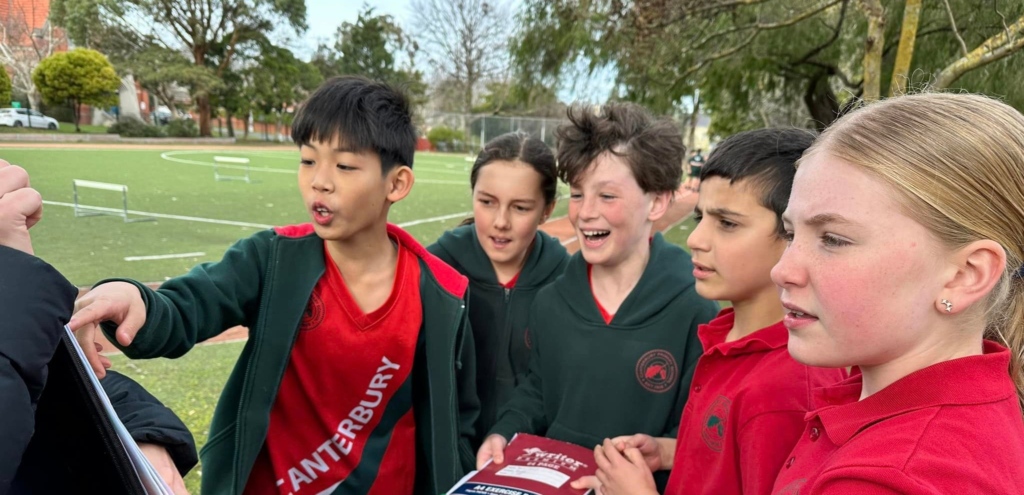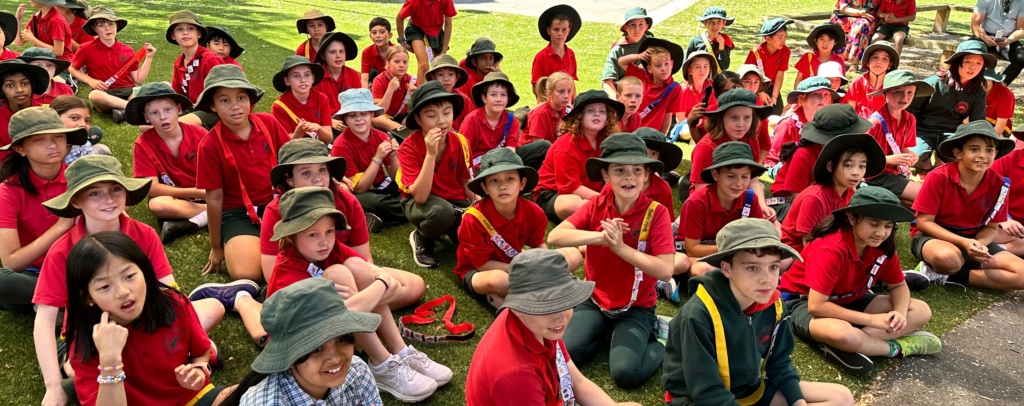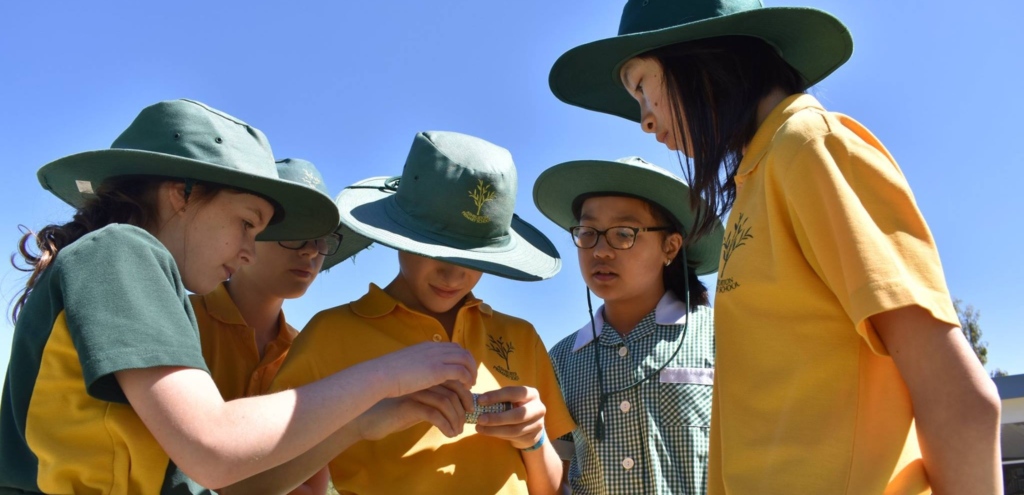Teachers wield immense power to shape the lives of their students, instilling values of teamwork, leadership, resilience, and joy that can alter the course of their educational journey and beyond. While it may seem daunting to impart these principles to children and teenagers, it is indeed essential for their holistic development.
According to Harry Nevin, a distinguished chartered social counsellor and parenting expert at Balloons Sydney, interpersonal skills form the bedrock of all human interactions. Nevin emphasises the importance of teaching children how to collaborate, communicate, and contribute effectively from an early age. These skills, he believes, are fundamental to navigating the complexities of life.
However, teaching teamwork, leadership, and resilience requires more than traditional educational methods. It demands active engagement, participation, and, most importantly, fun! Here are some exciting ways to impart these valuable lessons to school students through the medium of team building activities for school students:
Address them as teams and not groups
While a group consists of individuals coordinating separate actions, a team shares a common goal and a collective responsibility for achieving success. Though it may seem cliché, choosing a team name marks the initial stride towards effective teamwork.
Build Strong Team Bonds From The Outset
Creating a team name serves as a team building activity in its own right. When students decide on a name together, they forge a shared identity and sense of belonging. This initial establishment of strong team bonds paves the way for greater participation and collaboration. Encourage teams to engage in discussions about themselves and their goals, allowing them autonomy in decision-making and progression.
Let Teams Set Their Expectations
When organising team building activities for school students, it's important to let them set their own expectations rather than dictating anticipated actions. This allows students to explore the key elements of successful teamwork, like constructive interdependence, individual responsibility, and leadership skills.
By establishing their own ground rules and expectations, students learn to collaborate effectively and treat each other with respect. These rules not only ensure that tasks are completed but also emphasise how tasks are accomplished. They empower students to hold each other accountable, as everyone has committed to following these guidelines.
Play A Walk of Trust
Building trust and establishing a support system is essential for overcoming challenges. Team building activities for school students offer enjoyable opportunities to teach them about resilience and building confidence.
One such activity is the Walk of Trust, where students are blindfolded and paired up to navigate an obstacle course together. Relying on their partner's guidance and support, blindfolded students must trust their teammates to complete the course safely. After the activity, teachers should facilitate a discussion to reflect on the experience and insights gained by students.
Make A Circle Of Compliments
Promoting kindness is a crucial aspect of nurturing resilience in children, even if it may not be immediately obvious. One highly recommended group activity for students is the Circle of Compliments, designed to cultivate resilience in a fun and engaging way.
To play, gather at least six children and form a circle with their legs spread out in front of them. Select one child to start the game by giving compliments to others within the circle. As each child receives a compliment, they draw their legs closer until everyone has been praised.
The key to this activity is encouraging students to compliment attributes beyond physical appearance. By steering them away from appearance-related topics, compliments become more meaningful and impactful.
While this game may pose a challenge for younger children, proper preparation can ensure its success and effectiveness in fostering resilience.
Have Fun And Be Resilient Playing Musical Chairs
Musical Chairs remains a classic and beloved group activity for students, serving as an effective tool for teaching an important lesson in resilience. It emphasises that winning isn't everything, and accepting outcomes gracefully is part of the game.
To play, start with the same number of seats as there are players, ensuring everyone has a spot in the first round. Then, as the music plays, remove one chair at a time. When the music stops, students scramble to find a seat, but there will always be one less chair than there are players, resulting in one child being left without a seat. This moment allows them to experience the emotions associated with not winning, teaching them to accept setbacks with resilience.
After the game, engage the students in a discussion to reflect on what they've learned from the experience, encouraging them to share their insights and feelings. This reflection reinforces the valuable lesson of resilience taught through the game of Musical Chairs.
Let Students Take The Hula-Hoop Challenge
Another effective method to bolster students' resilience is by honing their conflict resolution and problem-solving skills. While individual activities like image puzzles can help develop these skills, learning to collaborate with others is equally important. Engaging in team-based challenges fosters cooperation and teaches students how to work together towards a common goal.
One of such engaging team building activities for school students is the hula-hoop challenge. This activity requires children to collaborate as a team to achieve a shared objective.
To play, form a circle with the students holding hands, and place a hula-hoop over one arm of the circle. The objective is to pass the hula-hoop around the circle without letting go of each other's hands. To keep the hoop moving, students must work together, providing support and assistance as needed to prevent the hoop from falling.
After completing the challenge, facilitate a discussion where students can reflect on the experience. Encourage them to identify the complexities they encountered during the activity and brainstorm solutions as a group.
This debriefing session allows students to analyze their teamwork skills and learn from the collaborative process.
Make Students Do The Perfect Square
This is among the most enjoyable team building activities for school students that require strong teamwork and effective verbal communication skills. All you'll need is a long rope with both ends tied together and bandanas or cloth strips to serve as blindfolds. Here's how to set it up:
- Have the students form a circle and place the rope in front of them.
- Instruct each student to put on a blindfold.
- Slowly guide the students as they turn and move away from the circle while holding onto the rope.
- Once everyone is in position, instruct them to work together to return to the rope and form a perfect square without removing their blindfolds.
- To add an extra challenge, set a time limit for completing the task.
This activity encourages students to communicate effectively, rely on one another, and problem-solve as a team to achieve a common goal. It's a fun and engaging way to develop teamwork skills while promoting cooperation and collaboration among students.
Tug of War in Four Directions
Tug of War In Four Directions is one of the highly recommended team building activities for school students, offering twice the excitement of traditional tug-of-war. Here's how to set it up:
- Create an X shape by tying two long ropes together at their centre points.
- Place a bandana or marker at the centre of the X to indicate the starting point.
- Use cones to mark a circular boundary around the X.
- Divide the students into four teams, with each team positioned at one end of the ropes.
- When ready, signal for each team to start pulling in their respective directions.
- The objective is for each team to pull the others in their direction until the bandana reaches outside the circle of cones.
This outdoor activity promotes teamwork, coordination, and strategy as students work together to achieve victory. It's a fun and engaging way to build camaraderie and foster collaboration among students.
Learn From The Spider Web
If you're seeking additional enjoyable team building activities for school students, consider adding Spider Web to your repertoire. This captivating game highlights the interconnectedness of students despite their differences.
To play, form a circle with students either standing or seated. The game commences with the first player sharing an amusing or embarrassing story about themselves while holding a ball of twine. After sharing their story, the player holds onto one end of the twine and tosses the ball to another student in the circle. The student who catches the ball then shares their own story before passing the twine to another student. This process continues until every student has shared a story and held onto the twine, creating a "spider web" that symbolizes their connection to each other.
Spider Web is a delightful and inclusive activity that fosters empathy, communication, and teamwork in a playful atmosphere.
Take On The Marshmallows and Toothpicks Challenge
Another engaging addition to your collection of group activities for school students is the Marshmallows and Toothpicks Challenge.
In this game, students are divided into teams of equal size and provided with an equal quantity of wooden toothpicks and marshmallows. For younger age groups, it's advisable to use safer alternatives like drinking straws or sticks instead of toothpicks. The objective is for each team to construct the tallest, most expansive, or most innovative structure within a set time frame.
Following the challenge, have each team present and explain their creation, fostering creativity, collaboration, and communication skills among students.
Integrate Teamwork, Leadership, and Resilience In Your Lessons
Incorporate discussions on leadership effectiveness, the rewards of resilience, and the advantages of teamwork into your teaching regimen beyond just organising team building activities for school students.
Conduct thorough analyses on how successful leaders have thrived, or delve into conversations about the resilience of students' parents or mentors. Encourage students to identify signs of positive or negative resilience, teamwork, or leadership in their favourite musicians, actors, or athletes.
Assigning tasks to students to research and present on these topics can further deepen their understanding and appreciation of these valuable skills.
Will You Take Up The Challenge To Change Your Students Lives?
From a young age, it's crucial to instil vital emotional and social skills in children. These skills are shaped by the positive reinforcement and interactions they experience, especially within their families and communities.
Fortunately, educators have the power to teach essential qualities like leadership, teamwork, and resilience - the keys to success - in enjoyable and engaging ways through team building activities for school students.
Urban Quest leads the way in teaching the value of teamwork, leadership and resilience by way of offering team building activities for school students in Melbourne in the form of the Urban Quest experience.
Reach out if you want your students to learn while having an absolute blast!
